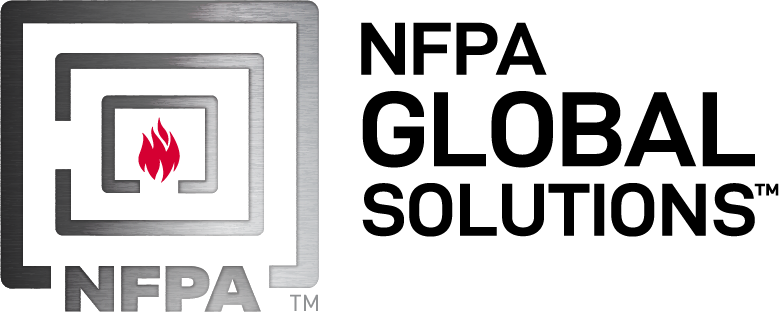Comprehensive Building Inspection Services
NFPA Global Solutions building inspection services provide independent evaluations of a building’s fire, mechanical, electrical, and life safety systems to confirm they meet relevant state and local mandated codes and standards. These inspections are conducted by professionals who are not affiliated with the regulatory authority responsible for the building’s construction or maintenance. They are conducted on both traditional building structures, as well as modular buildings.
Third-party building inspections offer a proactive approach to risk management, cost control, and regulatory compliance. They provide building owners and managers with peace of mind, operational efficiency, and financial benefits by confirming the buildings are safe, compliant, and well-maintained.
The scope of NFPA Global Solutions building inspection services includes:
- Workplace Safety – Helping to confirm safety for employees in the workplace. Including but not limited to evaluating hazards and staff training.
- Building Facilities Safety – Examination of the physical condition of buildings to help identify safety risks to create a clean, safe, and well-maintained environment.
- Emergency Planning – Review of emergency preparedness policies and procedures pertaining to fires, storms, or other hazards. Evaluation of plans, staff training, communication systems, and emergency equipment.
- Quality Assurance for Modular Buildings – Verify that materials and workmanship meet required industry standards.
- Electrical & Mechanical System Reviews – Confirm compliance with safety codes and standards for electrical and HVAC systems.
Why NFPA Global Solutions?
NFPA Global Solutions helps our clients navigate the complex regulatory and safety requirements that often vary at the state level. We help to address these challenges and partner with clients to achieve compliance with the requirements set by local authorities having jurisdiction (AHJs). Some of the ways we do this are as follows:
Thorough Inspections: We cover NFPA and ICC Codes and Standards, and building, electrical, mechanical, plumbing, and fire safety requirements.
Compliance Made Easy: Stay ahead of regulations and avoid costly delays and fines with detailed, easy-to-understand reports.
Preventive Maintenance: Our inspections help identify small issues before they become major repairs, saving you time and money.
Customized Solutions: Tailored inspections to meet the unique needs of your facility, whether it’s an office, warehouse, modular building or manufacturing plant.
When are Building Inspections Needed?
Building inspections are required at various stages of a building’s lifecycle to confirm safety, compliance, and operational efficiency. The need for an inspection depends on the type of project, regulatory requirements, and the specific concerns of building owners and managers. Some examples are:
- New construction & major renovations
Inspections are completed throughout the construction process to verify compliance with applicable
-
Due Diligence (Pre-Purchase/Pre-Lease Inspections)
Hiring a third-party building inspector prior to purchasing or leasing a commercial or residential property can help identify, building, fire, electrical, and mechanical or operational safety issues that may affect the value or usability of the property.
- Post-Disaster or Incident Assessments
Building inspections are often conducted after natural disasters or incidents causing damage. These inspections help to determine whether a building is safe for occupancy or if further repairs are needed.
- Special Inspections for High-Risk Facilities
Inspections may help to verify that safety and operational standards meet industry regulations for buildings with hazardous operations, critical infrastructure, or historical preservation concerns. This may include hospitals, factories, chemical plants, and high-rise buildings.
- Insurance & Risk Assessment Inspections
When renewing or obtaining property insurance, building inspections may be required to help assess risk and determine premiums, along with compliance with insurance policy requirements to avoid claim disputes.

